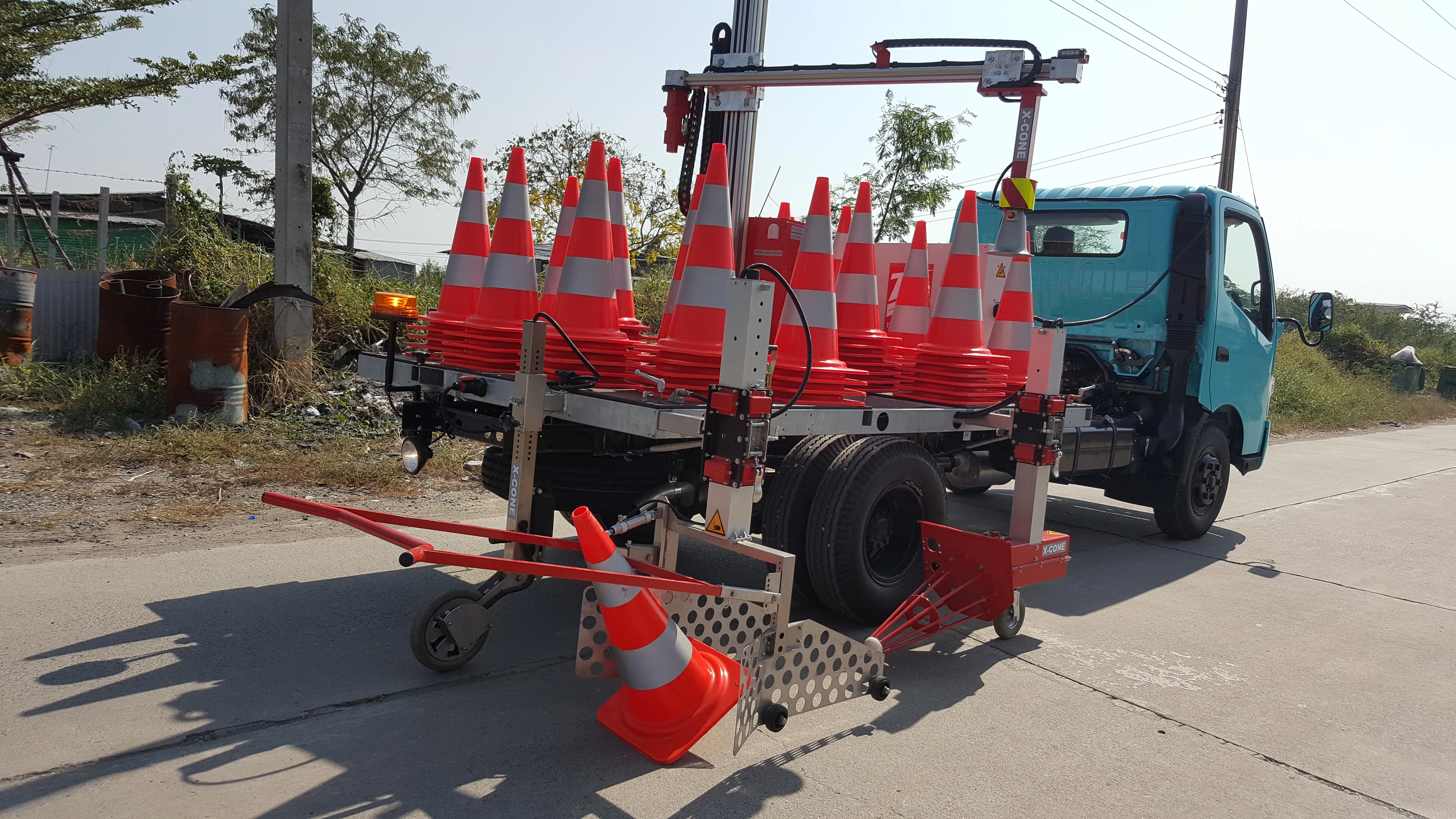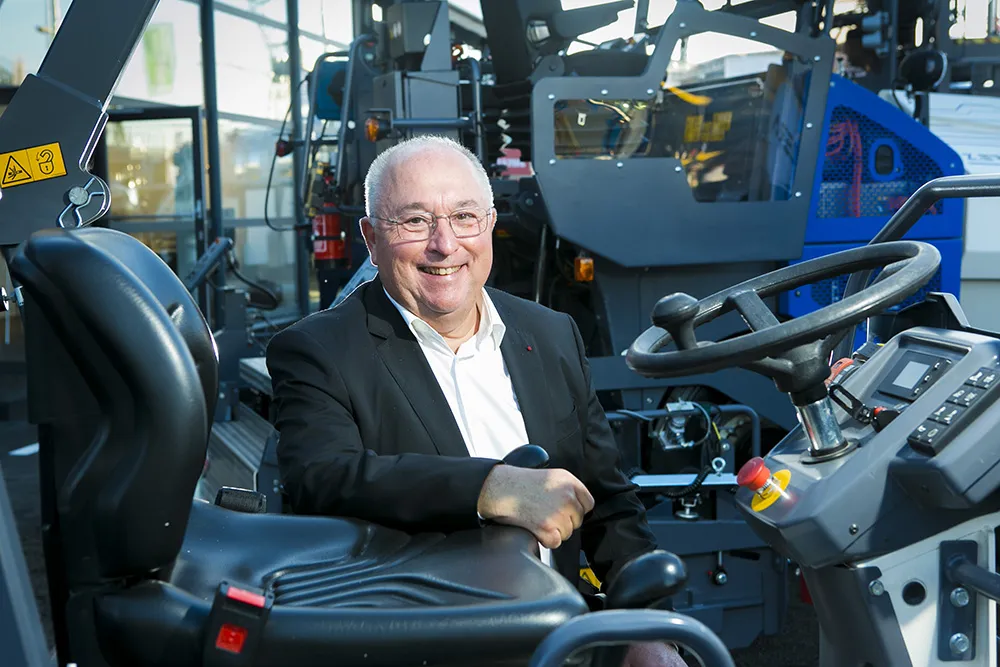Equipment manufacturer JCB's chief innovation officer Tim Burnhope has received one of the highest honours for UK engineers.
Burnhope, who has worked for JCB for 16 years, has been elected as a Fellow of the Royal Academy of Engineering, which champions the cause of engineering in Britain.
He is the third person in JCB’s 70-year history to receive the coveted accolade. Lord Bamford, was made an Honorary Fellow of the Academy last year.
“I am passionate about engineering and to be recognised in this way i
October 9, 2015
Read time: 2 mins

Equipment manufacturer 255 JCB's chief innovation officer Tim Burnhope has received one of the highest honours for UK engineers.
Burnhope, who has worked for JCB for 16 years, has been elected as a Fellow of the Royal Academy of Engineering, which champions the cause of engineering in Britain.
He is the third person in JCB’s 70-year history to receive the coveted accolade. Lord Bamford, was made an Honorary Fellow of the Academy last year.
“I am passionate about engineering and to be recognised in this way is a fantastic honour, not only for me but for the whole engineering team at JCB,” said Burnside.
The academy election comes after the Institution of Mechanical Engineers last year granted Burnhope Chartered Engineer status and made him a Fellow of that organisation.
Burnhope holds an engineering degree and also has a Masters in Business Administration from Newcastle University Business School.
At JCB, Burnhope has been engineering manager and then managing director of the Loadall Business Unit, eventually becoming managing director of both the Loadall and Backhoe Business units.
In June 2006 he became JCB’s director of European sales and in 2008 became managing director of JCB Sales, a separate company.
Since 2012 he has chief innovation officer with responsibility for innovation, research, product development and engineering for the JCB Group.
Burnhope, who has worked for JCB for 16 years, has been elected as a Fellow of the Royal Academy of Engineering, which champions the cause of engineering in Britain.
He is the third person in JCB’s 70-year history to receive the coveted accolade. Lord Bamford, was made an Honorary Fellow of the Academy last year.
“I am passionate about engineering and to be recognised in this way is a fantastic honour, not only for me but for the whole engineering team at JCB,” said Burnside.
The academy election comes after the Institution of Mechanical Engineers last year granted Burnhope Chartered Engineer status and made him a Fellow of that organisation.
Burnhope holds an engineering degree and also has a Masters in Business Administration from Newcastle University Business School.
At JCB, Burnhope has been engineering manager and then managing director of the Loadall Business Unit, eventually becoming managing director of both the Loadall and Backhoe Business units.
In June 2006 he became JCB’s director of European sales and in 2008 became managing director of JCB Sales, a separate company.
Since 2012 he has chief innovation officer with responsibility for innovation, research, product development and engineering for the JCB Group.









